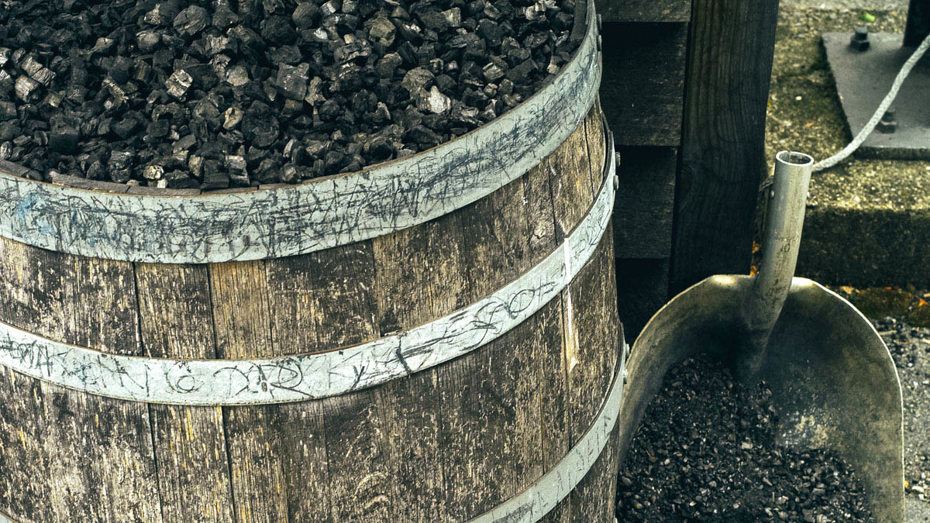The world of whiskey is filled with traditions, techniques, and processes that give each bottle its unique character and taste. One such method that stands out in its influence and exclusivity is the Lincoln County Process (LCP), closely associated with Tennessee whiskey. This technique, a charcoal filtering process, not only differentiates Tennessee whiskey from other American whiskeys but also significantly influences its taste profile. Let's delve deeper into the roots and effects of this famed process.
Origins of the Lincoln County Process
The exact origin of the Lincoln County Process is steeped in mystery and folklore. It is believed that enslaved African-Americans, who played a significant role in the early American whiskey industry, introduced and refined this method. The name "Lincoln County" itself is somewhat misleading. Originally, Jack Daniel's, the most famous purveyor of Tennessee whiskey, began its operations in Lincoln County. However, today, the distillery resides in Moore County, which was carved out of Lincoln County in 1871.
The Lincoln County Process – What is it?
At its core, the Lincoln County Process involves filtering newly distilled whiskey through sugar maple charcoal before it's aged in barrels. This is achieved by dripping the whiskey through large vats packed with up to 10 feet of charcoal. The whiskey seeps through the charcoal slowly, taking several days to come out from the bottom. This charcoal filtering, known as "mellowing," strips out impurities and imparts a smoother character to the spirit.
Why Sugar Maple Charcoal?
The choice of sugar maple for the charcoal is deliberate. When sugar maple is burned, it produces a charcoal that is both porous and infused with the residual sugars from the wood. This combination of porosity and sweetness enables the charcoal to filter out undesirable compounds effectively and add a hint of sweetness to the whiskey.
Impact on Flavor
- Smoothness: One of the immediate effects of the LCP is the smooth character it imparts to the whiskey. By removing fusel oils and other impurities, the whiskey becomes notably more mellow and gentle on the palate.
- Sweet Undertones: The sugar maple charcoal can introduce subtle sweet notes to the whiskey, adding layers of complexity. This can manifest as hints of caramel, vanilla, or even maple.
- Fruity Notes: Many aficionados believe that the LCP brings forward fruity notes in Tennessee whiskey, ranging from banana to apple, setting it apart from other American whiskeys.
- Reduced Burn: The charcoal mellowing often reduces the burning sensation that some high-proof spirits might have, making Tennessee whiskey more approachable for many drinkers.
A Legal Requirement
The significance of the Lincoln County Process to Tennessee whiskey is further underscored by its legal implications. To be labeled as Tennessee whiskey, a spirit must undergo the LCP, among other requirements. This regulation elevates the LCP from just a regional tradition to a legally protected standard, further emphasizing its central role in defining the character of Tennessee whiskey.
Conclusion
The Lincoln County Process is more than just a step in whiskey production; it's a testament to the dedication to craftsmanship and tradition in the world of Tennessee whiskey. The LCP underscores the region's commitment to producing a distinctive spirit that stands out in the global whiskey landscape. When one sips a Tennessee whiskey, they're not just enjoying a drink but partaking in a centuries-old tradition that brings together history, craftsmanship, and a dedication to quality. The smooth, nuanced character of Tennessee whiskey, significantly shaped by the Lincoln County Process, serves as a proud reminder of the region's rich whiskey heritage.

